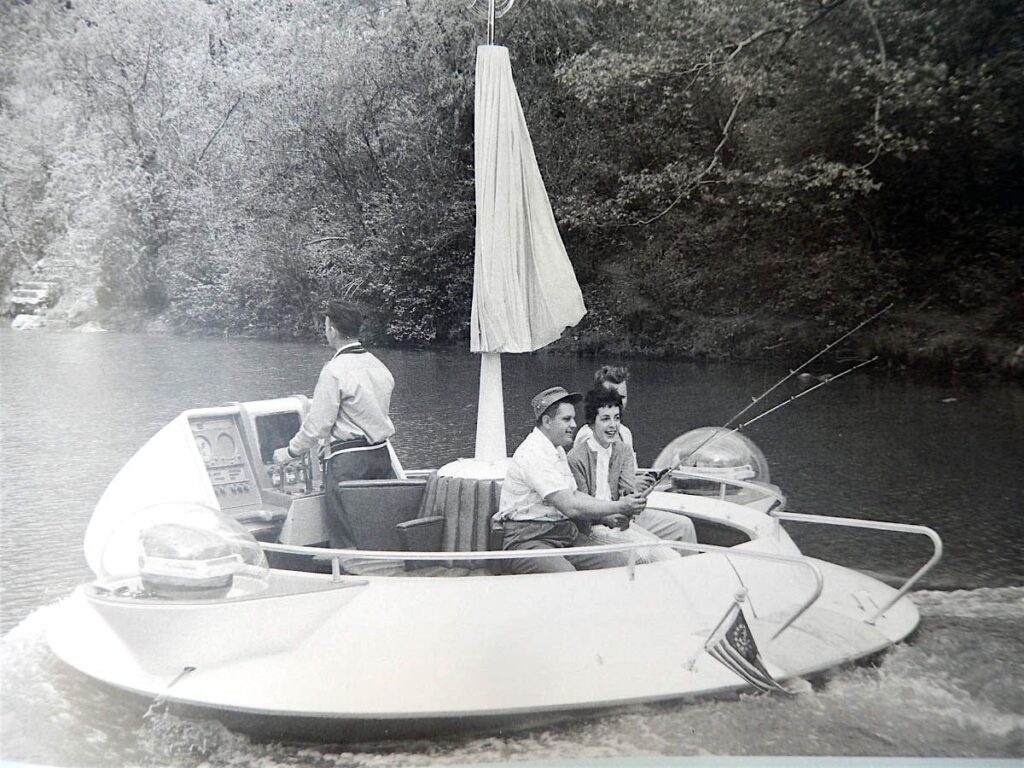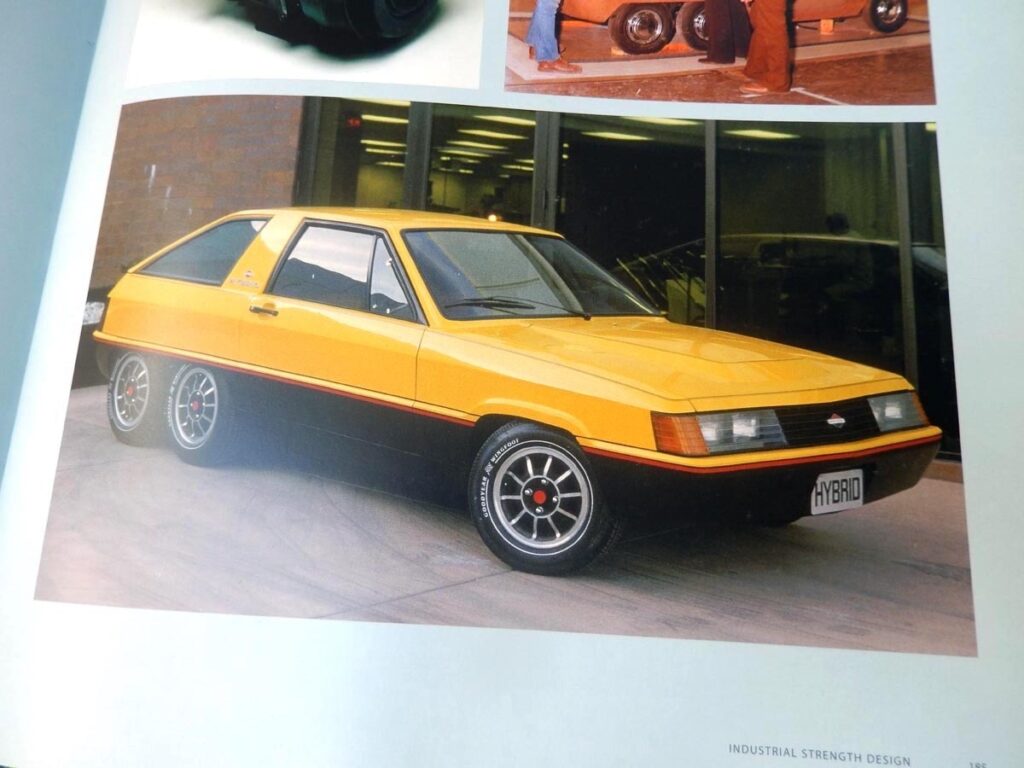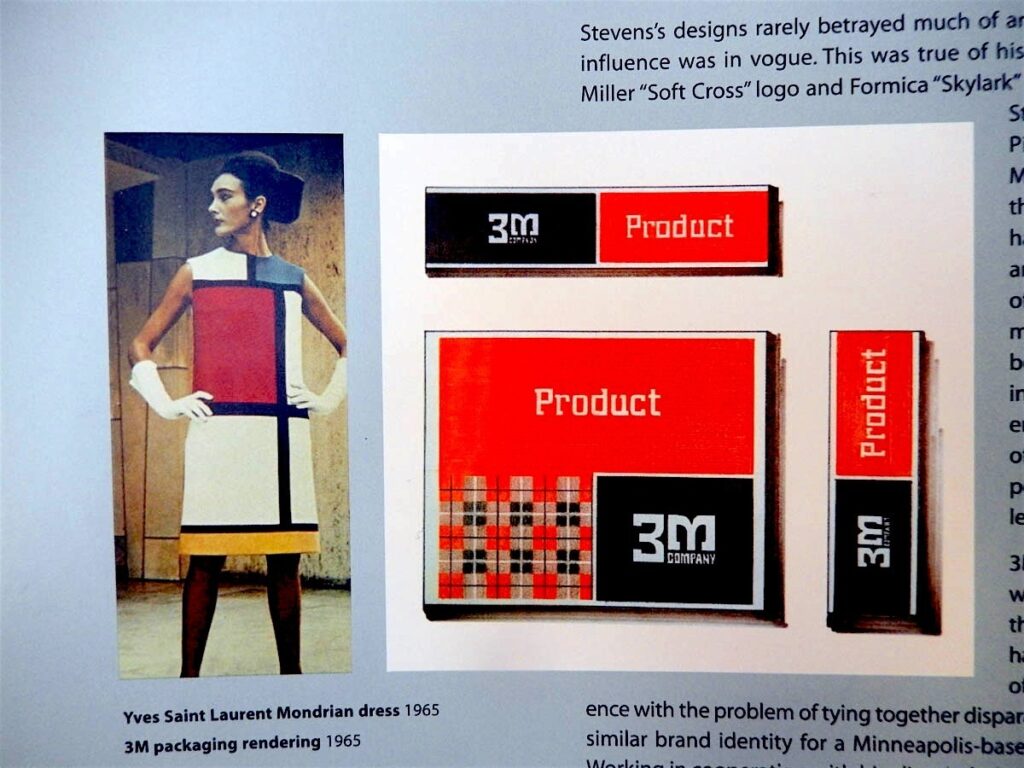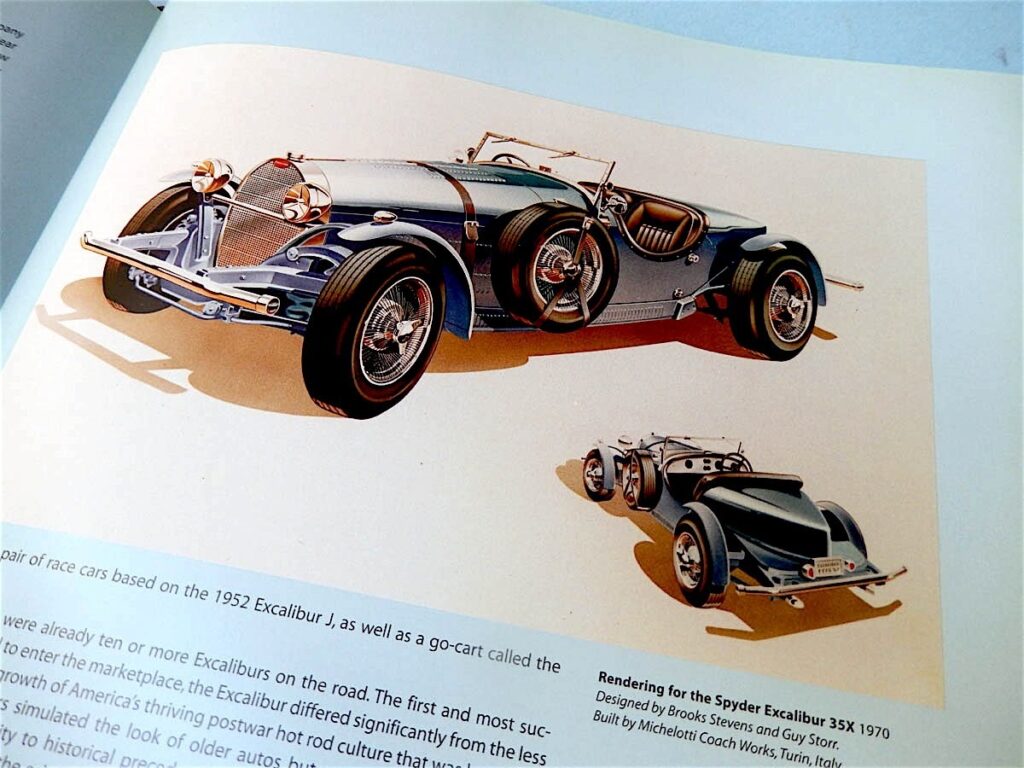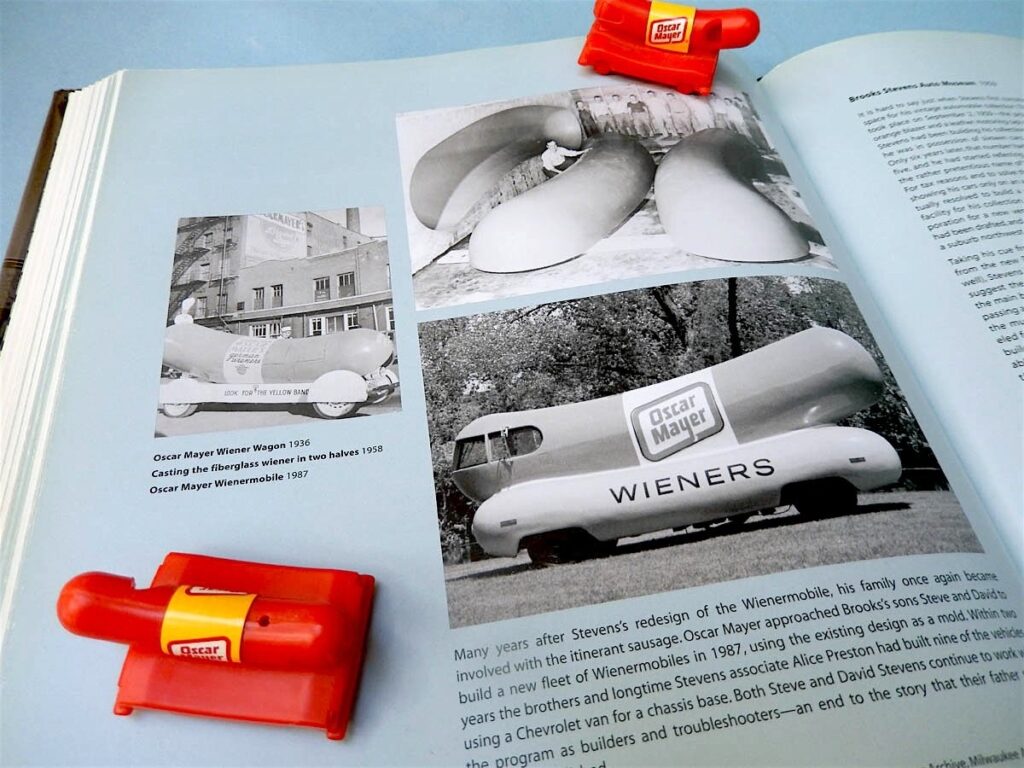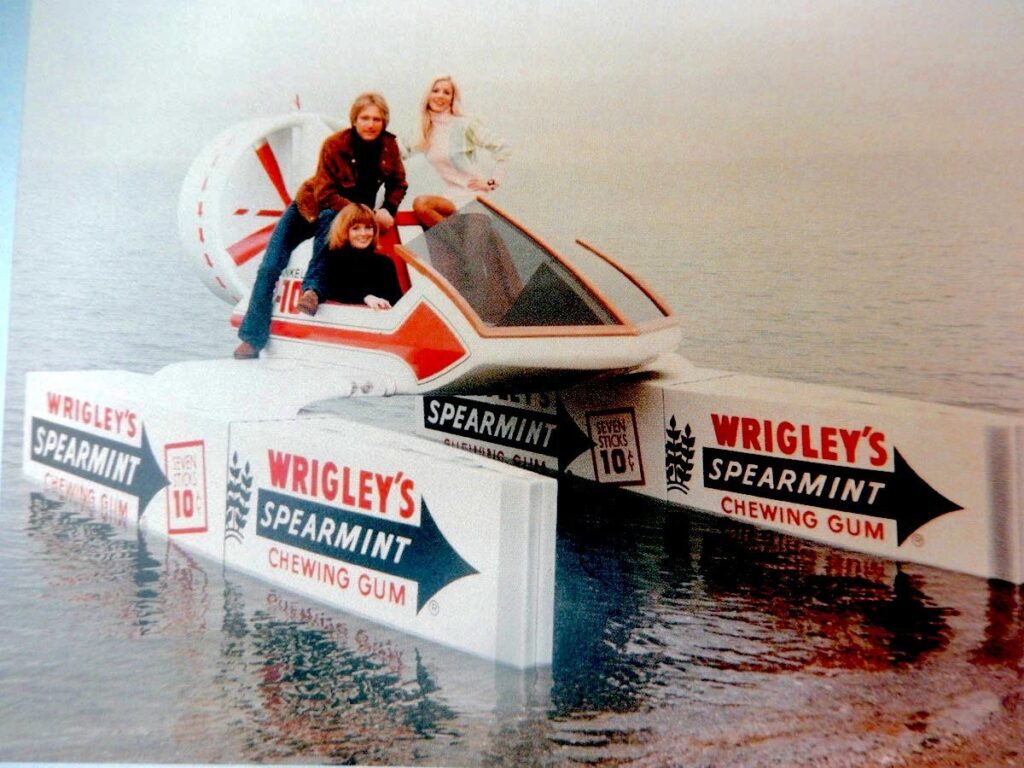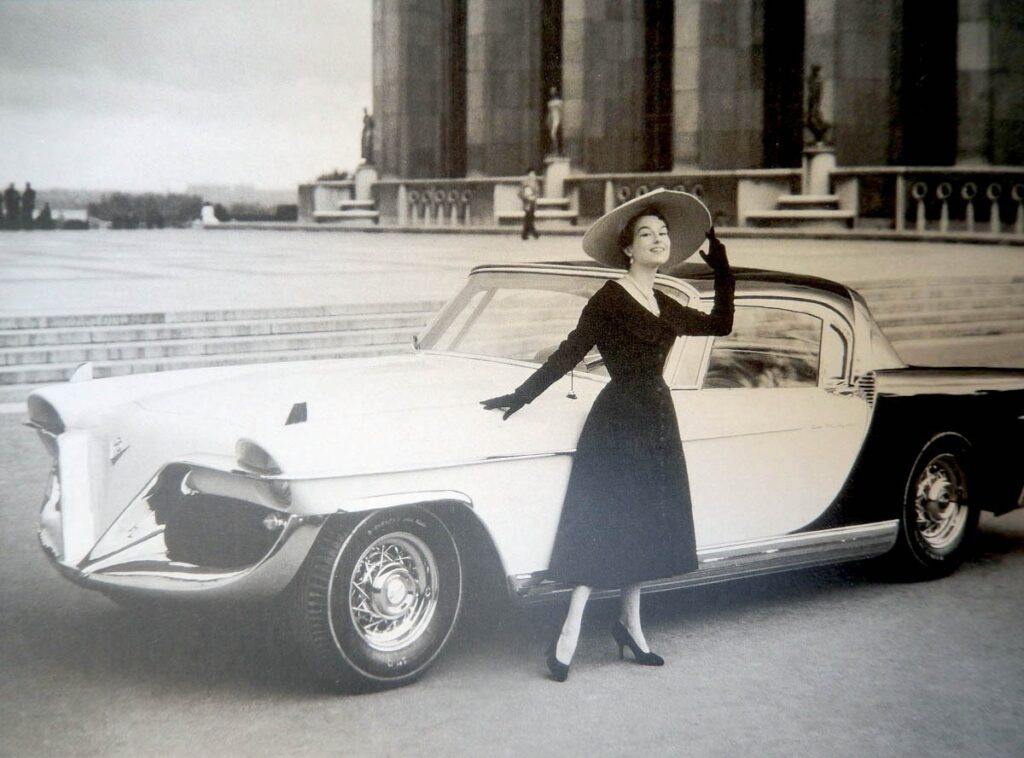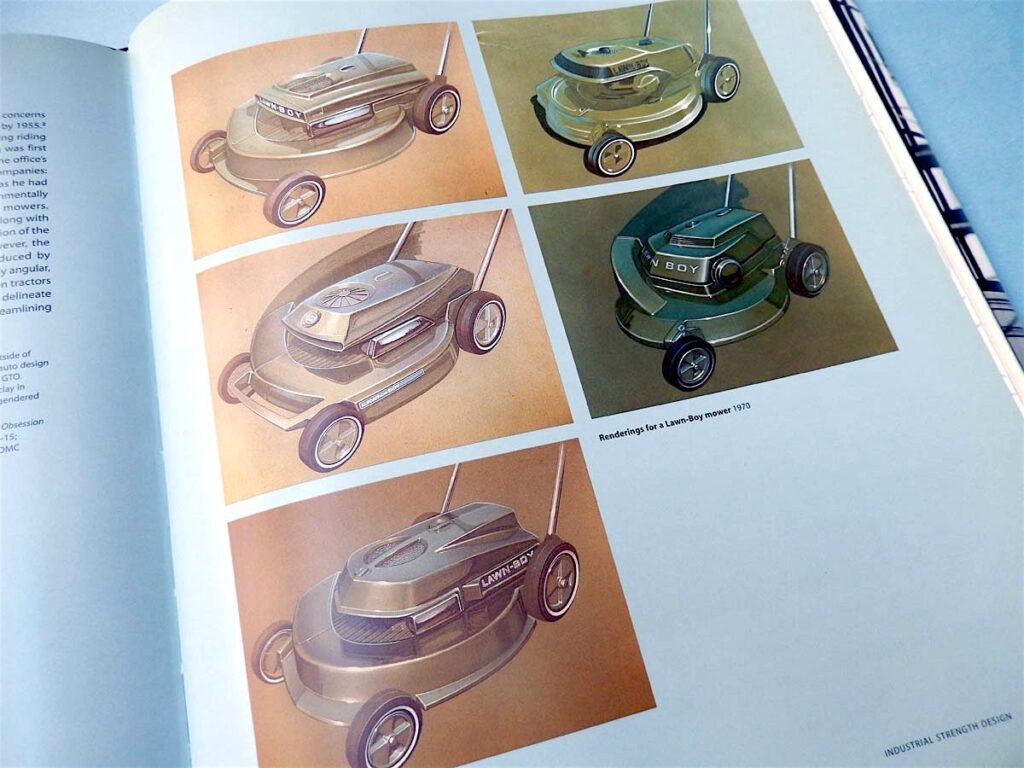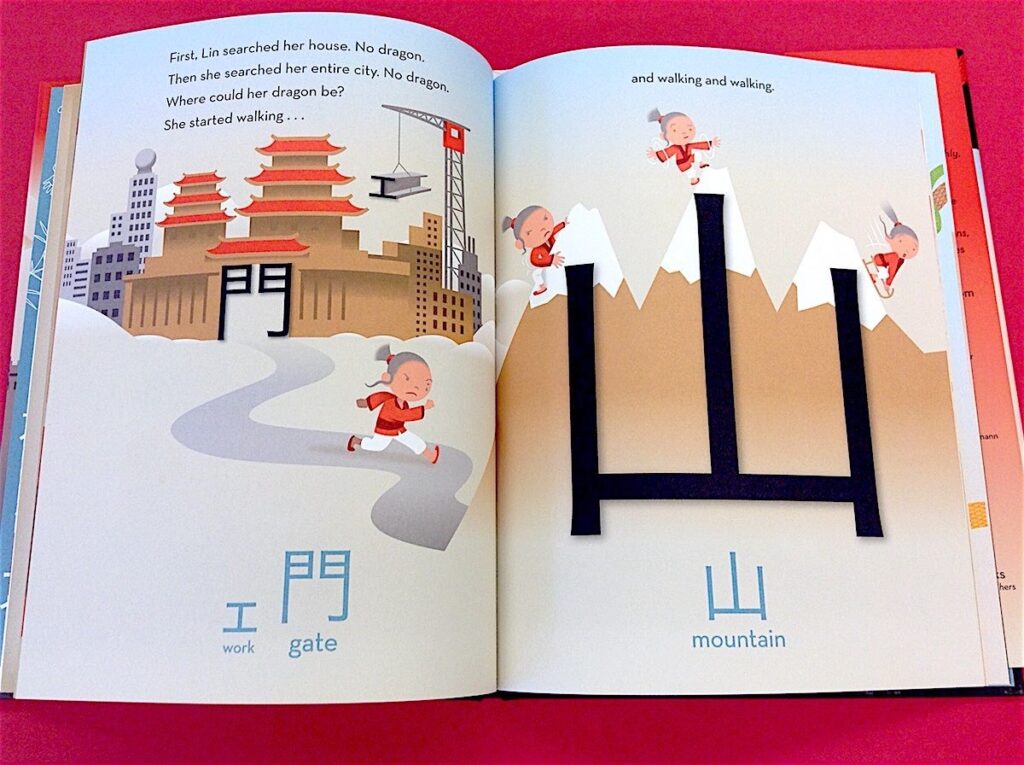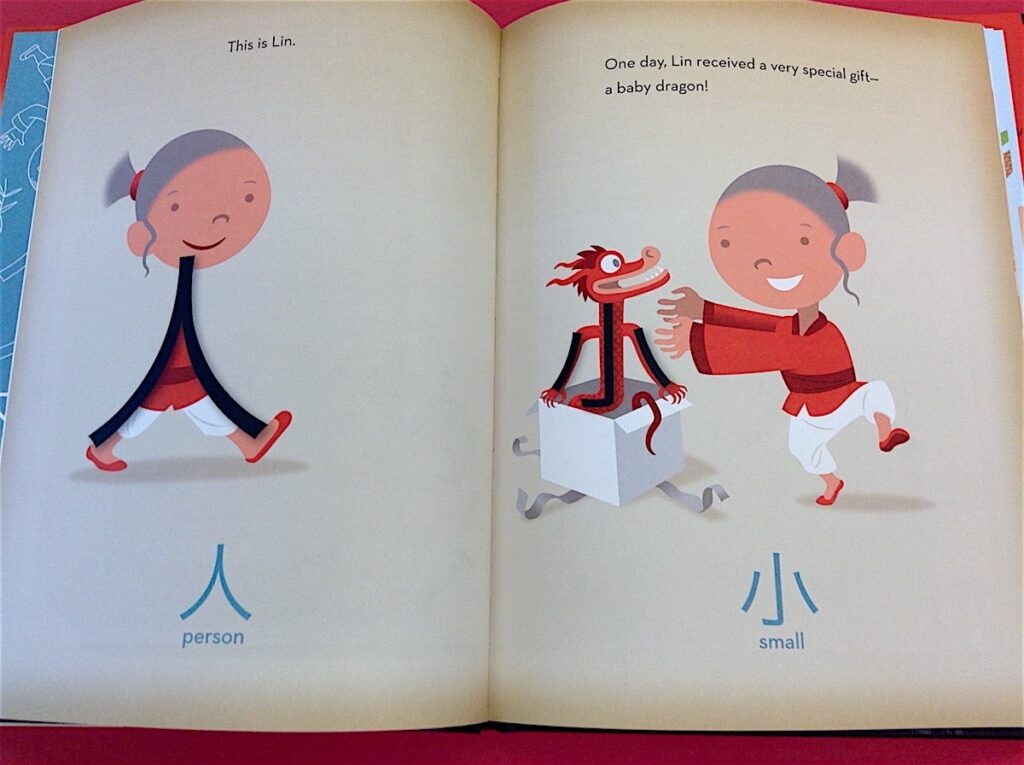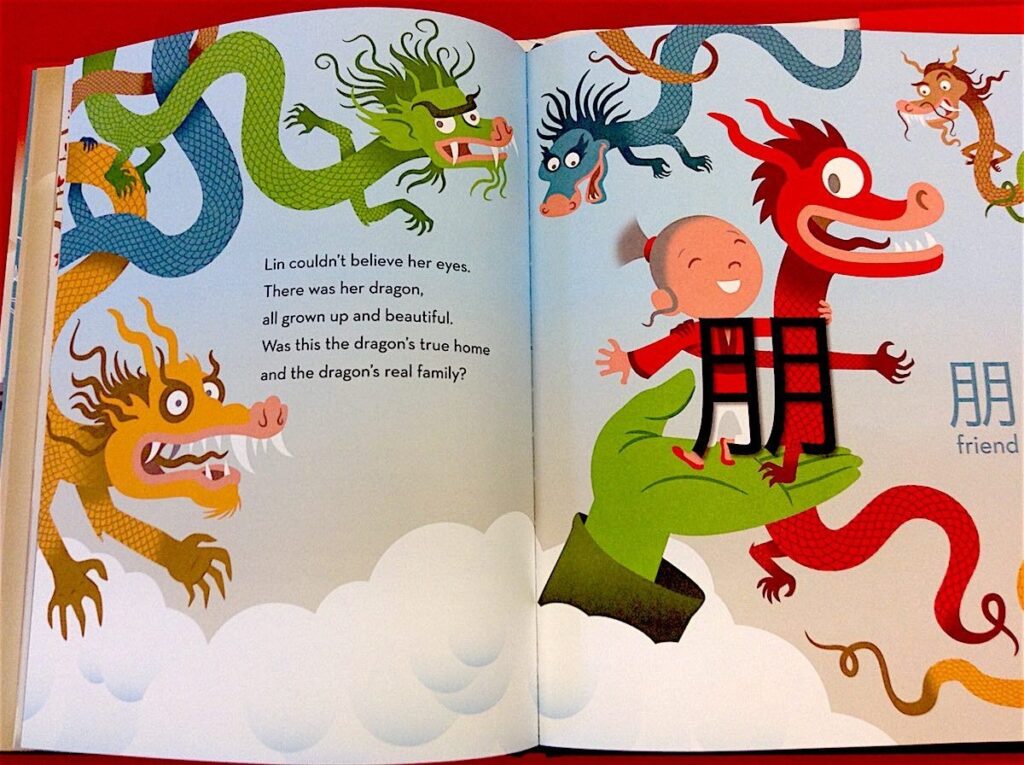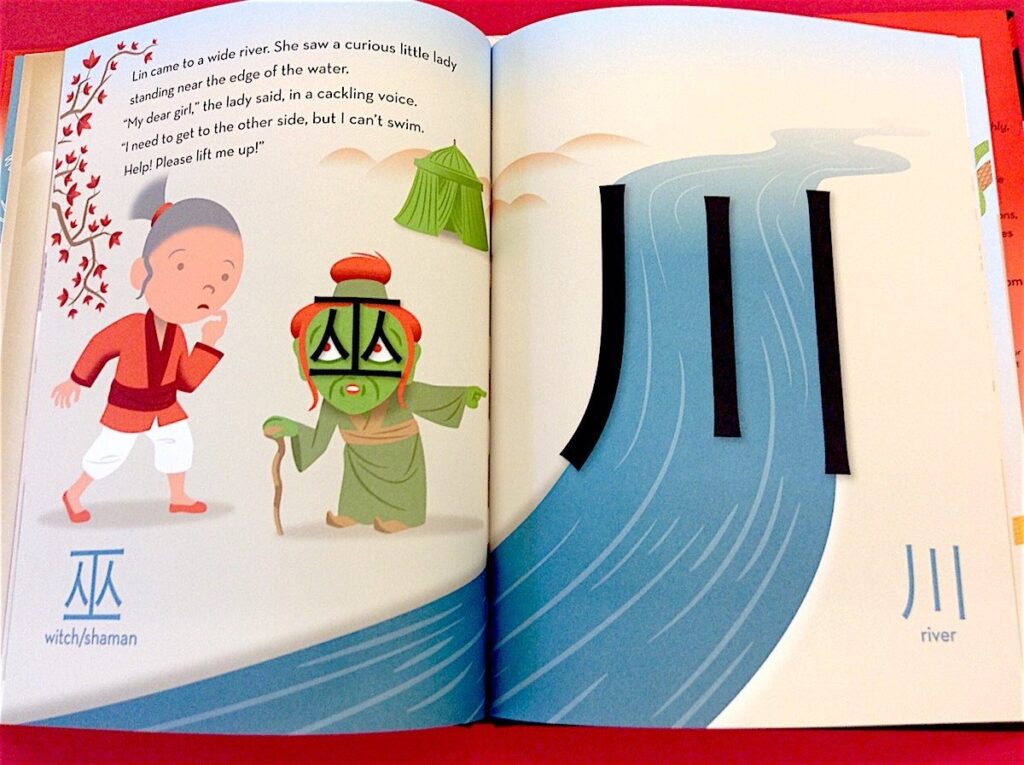Spill Zone / Norman Mailer: JFK, Superman Comes to the Supermarket
Books That Belong On Paper Issue No. 4
Books That Belong On Paper first appeared on the web as Wink Books and was edited by Carla Sinclair. Sign up here to get the issues a week early in your inbox.
SPILL ZONE WILL HAVE YA READERS WISHING THAT THE GRAPHIC NOVEL WAS RELEASED AS A SERIES


Spill Zone
by Scott Westerfeld, Alex Puvilland (Illustrator)
First Second
2017, 224 pages, 6.4 x 0.8 x 8.8 inches, Hardcover
Before there was binge watching, there was binge reading. Spill Zone will have YA readers wishing that the graphic novel was released as a series, to be devoured eagerly, coming up for air in the seconds between back cover slapping shut and a new front cover flipping open, before diving back in again. Unfortunately, moderation has been forced upon us and we’ll have to wait until next spring for a second helping.
Spill Zone has all the hallmarks of a good story in pacing, narrative, and character for the YA set and keeps readers wanting more with its cliffhanger ending. There’s the artsy, gutsy young woman protagonist, Addison, surviving a post-apocalyptic life in the woods of upstate New York as the sole caretaker for her little sister, Lexa. There’s the creepy, possibly possessed doll, Vespertine, whose intentions are unclear but who is somehow (hopefully revealed in book two) connected to and animated by forces within the spill zone. There’s the rich, sinister art collector whose interest in Addison’s photographs of the spill zone surely (but how?!) go beyond an appreciation for voyeuristic art. And, of course, there’s the spill zone itself, which claimed Addison and Lexa’s parents among its victims, the cause and and full effects of which are still unknown.
Scott Westerfeld does a whole lot of set-up on this book, yet it never feels bogged down or overly expository. Exactly the opposite. Alex Puvivalland’s moody artwork—fast and slow in all the right places—and use of color, perspective, and varied panelling make Spill Zone nearly impossible to put down.
NORMAN MAILER’S GAME-CHANGING COVERAGE OF JOHN F. KENNEDY’S PRESIDENTIAL CAMPAIGN
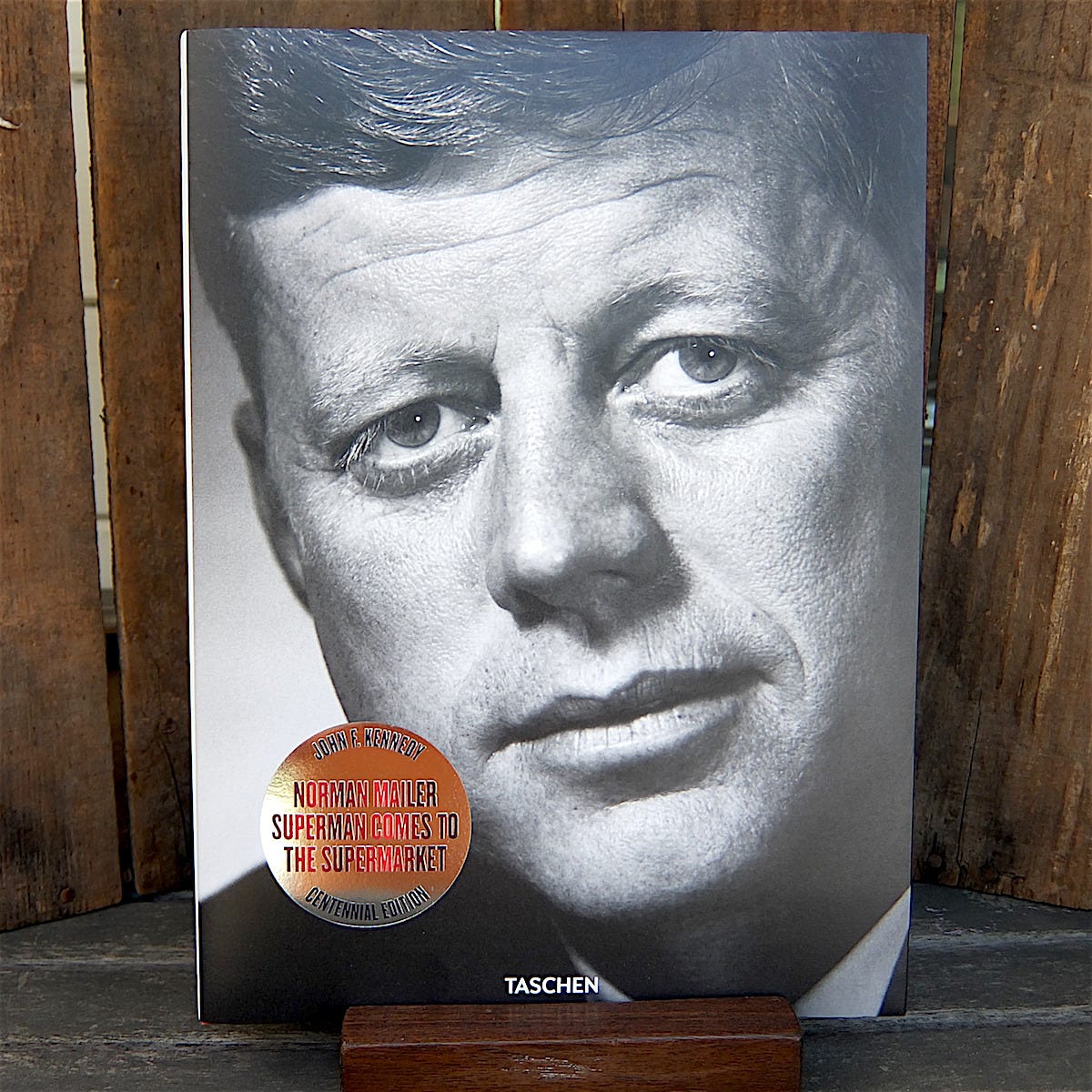

Norman Mailer: JFK, Superman Comes to the Supermarket
by Norman Mailer
Taschen
2014, 370 pages, 12.5 x 2.8 x 18 inches, Hardcover
It’s impossible not to imagine what sort of damage Norman Mailer’s pen would have tried to do to candidate Donald J. Trump, especially after reading the “Centennial Edition” of Norman Mailer: JFK, Superman Comes to the Supermarket, (JFK was born on May 29, 1917). When Mailer’s essay was originally published in the November 1960 issue of “Esquire” magazine, three weeks before that year’s presidential election, the writer was, by his own admission, attempting to drum up enthusiasm among skeptical New York City liberal elites for the junior senator from Massachusetts. Had Mailer been around last fall to write a similarly timed piece on Trump, one assumes his angle would have been just a little bit different.
Today, anyone can read Mailer’s essay for free at esquire.com, which is why the Taschen version of Superman Comes to the Supermarket is much more than a reprint. Characteristically, Taschen has packed its weighty volume with scores of photographs from the period, the majority of which capture John Kennedy and his wife, Jackie, on the campaign trail—giving speeches from the hoods of tractors and station wagons, huddling with aides in smoky back rooms, and shaking endless numbers of hands. Naturally, there are lots of views of supermarkets, too—from metaphorical ones (I love the grainy black-and-white by John Bryson of a man from the Maine delegation holding a bunch of balloons at the Democratic National Convention) to literal ones (check out the look on the female checker in a West Virginia grocery store as Kennedy walks past her, licking his lips, a delectable moment preserved for posterity by Hank Walker).
Still, Superman Comes to the Supermarket is Mailer’s book, and it’s surprising—or perhaps not—how many of his words from more than half a century ago still resonate today. Of candidates, he writes, “A man running for President is altogether different from a man elected President: the hazards of the campaign make it impossible for a candidate to be as interesting as he might like to be (assuming he has such a desire).” Of those who make careers of politics, he observes that, “most of the people who nourish themselves in the political life are in the game not to make history but to be diverted from the history which is being made.”
But it’s Mailer’s sketch of voters that rings most true today, and feels like such a punch in the guts. “It was a hero America needed, a hero central to his time, a man whose personality might suggest contradiction and mysteries which could reach into the alienated circuits of the underground, because only a hero can capture the secret imagination of a people… Roosevelt was such a hero, and Churchill, Lenin and DeGaulle; even Hitler, to take the most odious example of this thesis, was a hero, the hero-as-monster, embodying what had become the monstrous fantasy of a people, but the horror upon which the radical mind and liberal temperament foundered was that he gave outlet to the energies of the Germans and so presented the twentieth century with an index of how horrible had become the secret heart of its desire.”
– Ben Marks
03/5/24






